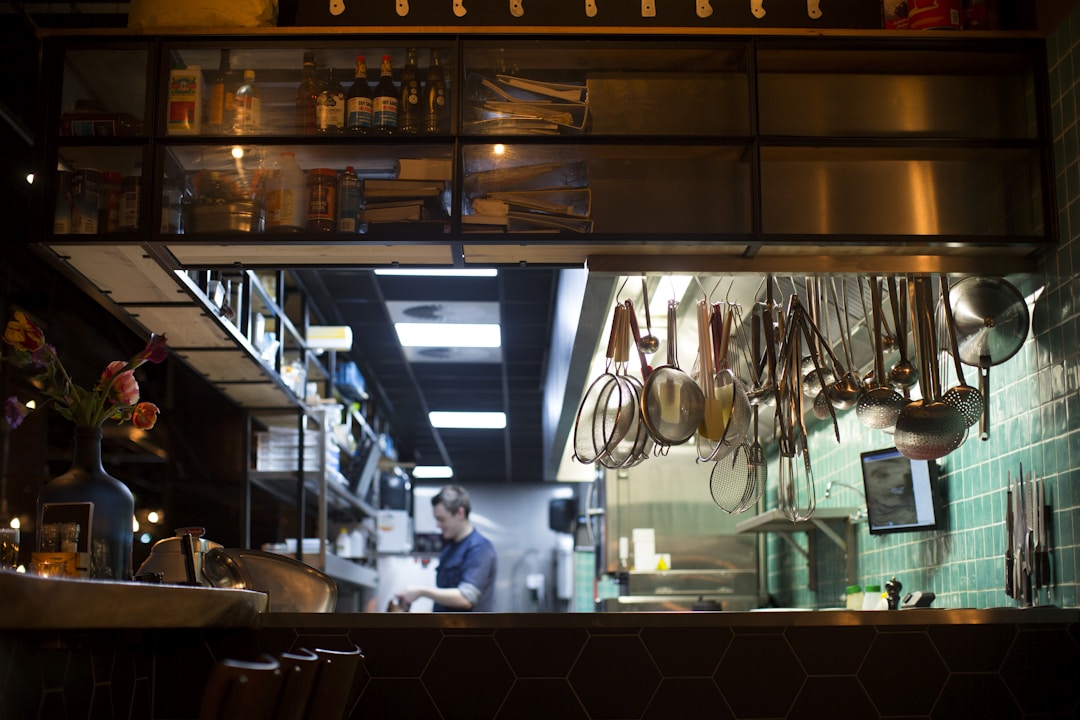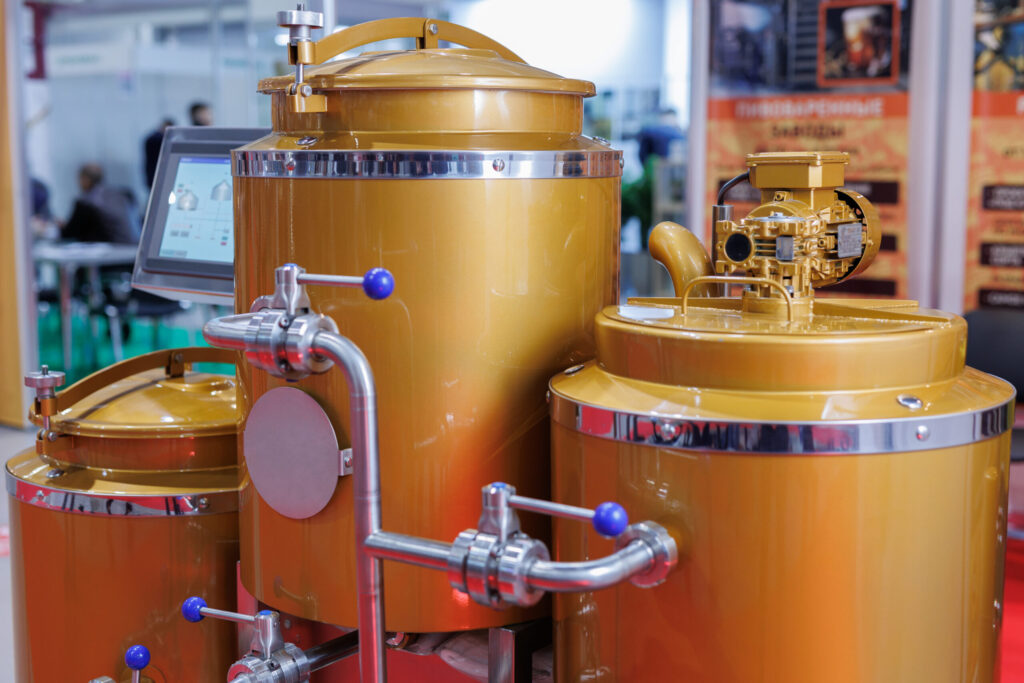In the whirlwind world of the food service industry, it’s a given that owning and running a restaurant is far from a simple endeavor. The blend of customer service, financial planning, and quality control can seem overwhelming in the beginning, but a disciplined and structured approach can turn it into a smooth operation. The key to success resides in the adoption of a well-thought-out management strategy that ensures operational efficiency, worker productivity, and customer satisfaction. Keep reading to discover how having an organized restaurant can make a significant difference in your business’ success.
Investing in Efficient Kitchen Equipment

The heart of every restaurant lies in its kitchen. An efficient kitchen is one where recipes are prepared quickly, with high-quality results. Investing in modern, reliable kitchen equipment does more than just speed up service; it boosts the morale of your kitchen staff and can also reduce costs in the long run. For instance, a restaurant toaster can handle a high volume of orders effectively and offers precision heating for perfect toasting every time. Having equipment like this saves your staff time and effort, and helps deliver consistency in your meals.
However, it’s worth noting that quality kitchen equipment can come with a hefty upfront cost. But considering the impact of a break in service or a drop in food quality due to outdated or poor-performing equipment, the initial investment is justified. Regular maintenance can extend the lifespan of your equipment, ensuring you get better value for your money. Organizing your kitchen with top-quality equipment creates a work environment that’s both efficient and motivating for your staff.
Another advantage of investing in good kitchen equipment is the impact it has on your customers’ dining experience. When your kitchen can produce orders swiftly and consistently, it prevents delays in service and ensures that your customers enjoy their meals at the perfect temperature. So, while investing in quality kitchen equipment might require a higher financial outlay at the start, it’s an investment that yields formidable returns both in terms of staff productivity and customer satisfaction.
Streamlining Communication and Coordination
Good communication is essential in every business, but it’s particularly critical in the fast-paced restaurant industry. Ensuring clear and efficient communication among your team members can significantly improve your restaurant’s operations. One way to achieve this is by setting up robust communication systems. Modern technology offers an array of solutions, such as the Avaya business phone systems, which allow for better coordination among staff and create a seamless workflow.
By using such a system, you can ensure that your kitchen staff is in constant communication with the front-of-house team. This will not only prevent misunderstandings and errors but also contribute to a smoother, faster service. In addition, these systems can contribute to the overall professionalism of your restaurant by ensuring that every call or query from customers is handled efficiently and effectively.
Don’t overlook that effective communication is also about ensuring that instructions and information are clearly understood by all concerned. Regular staff meetings and briefings where you clearly discuss expectations, requirements, and processes can also contribute to smoother operations. Remember, the more effectively your team communicates, the more organized and efficient your restaurant operation will be.
Adopting an Effective Employee Management System

Restaurants are largely staff-dependent businesses, which means your employees play one of the greatest roles in your success or failure. Therefore, implementing an effective employee management system is crucial to running an organized restaurant. A good employee management system ensures that each staff member understands their roles and responsibilities.
Such systems can help with scheduling, assignment of tasks, evaluation of performance, and setting wages or bonuses. They provide a clear picture of who is doing what, when, and how well they are performing. With an effective employee management system in place, employees can better understand what is expected of them, resulting in improved performance and increased job satisfaction.
Further, an effective employee management system can alleviate many of the problems that are common in the restaurant industry, such as high turnover rates and burnout. By creating a fair and transparent work environment, you are more likely to retain your employees and keep them motivated, leading to a more organized operation and better customer service.
Overall, running an organized restaurant involves many facets, from investing in efficient kitchen equipment and communication systems to implementing effective employee management strategies and ensuring a functional design. When all these elements come together, they create a harmonious and efficient operation that translates into satisfied customers, motivated employees, and a successful restaurant business.

